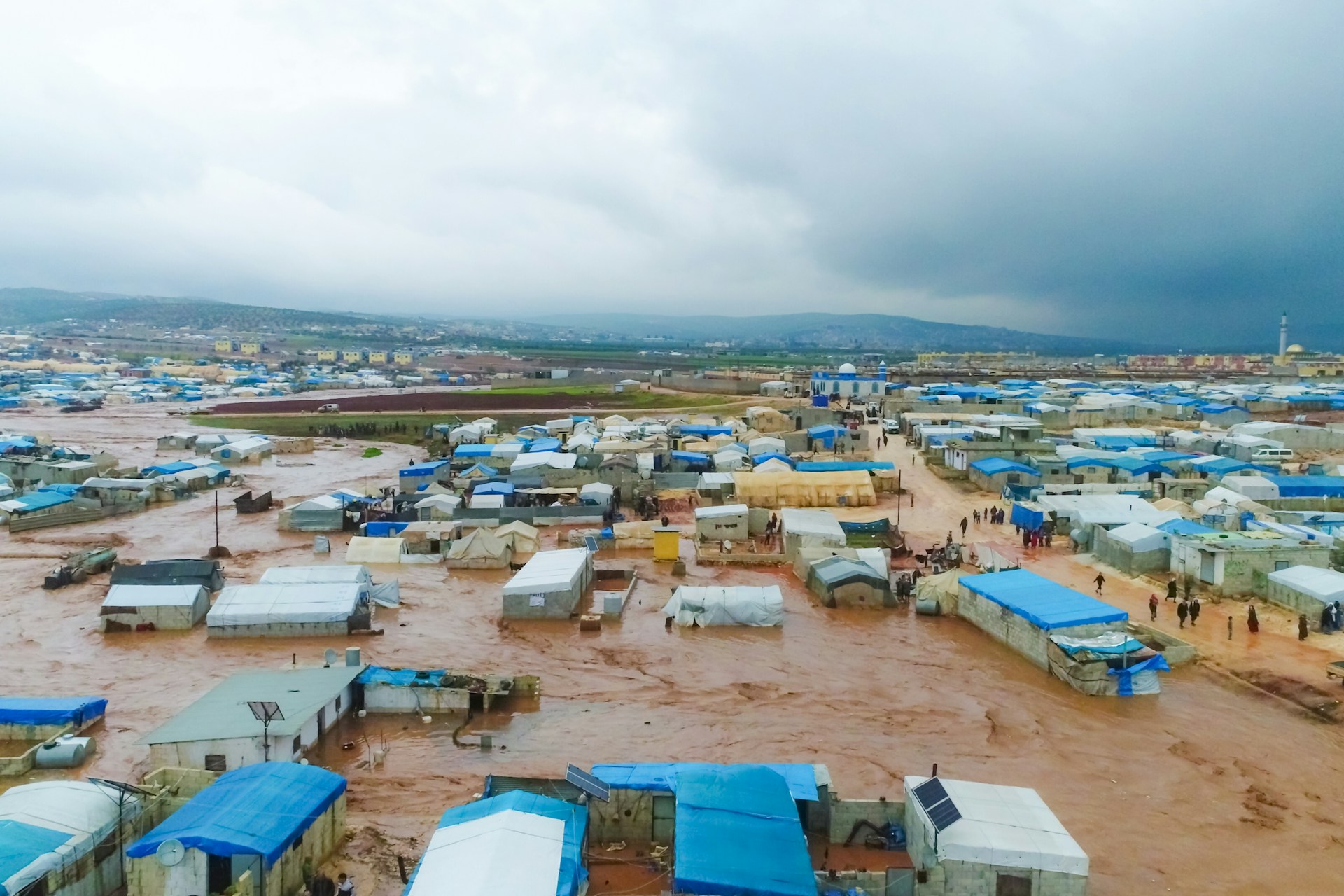The COVID-19 pandemic thrust medical research into the global spotlight. It bridged established disconnects between scientists and the public, between science and industry, and within the scientific community itself. It demonstrated the power of researchers working collaboratively towards a common goal. And yet, the pandemic also fostered unprecedented levels of scientific competition. Likened to the space race of the 20th century, the pandemic saw less international scientific collaboration than in the entire decade prior. Medical research is a field, then, striving towards increased collaboration, but which continues to be dominated by a ‘publish or perish’ culture that disincentivises it.
Competition exists in science as a product of its own historical conventions around funding and recognition, geopolitical tensions, and concerns over ownership of data and intellectual property. ‘Publish or perish’ refers to the culture of using the number of publications in highly regarded peer-reviewed journals as the benchmark by which the success and competency of researchers is judged. Projects are often held under lock and key until the moment of publication for fear of data leaks and getting pipped to the post of publication.
Indeed, many of the structures and mechanisms designed to evaluate, and thus reward, research exist for the lone scientist: labs are named—and fellowships awarded—to individuals rather than teams of researchers.
The widespread challenges of the coronavirus pandemic encouraged (and required) scientists to start embracing remote, long-distance collaboration—a development which has been shown to make scientific breakthroughs more likely. The most acclaimed change to post-pandemic medical research has been the increase in self-published ‘preprint’ manuscripts on online archives such as medRxiv and bioRxiv. Although not peer-reviewed, these servers have increased access to research which would normally exist behind a paywall. The ramifications of this shift towards open-access models that benefit both research teams and publishers should not be underestimated—it is a crucial way to expedite the publication of scientific research.
But the pandemic also threw medical research to the political wolves. The extent to which the vaccine and antiviral research and development—both dependent on global collaboration for their success—was hijacked as a political tool was remarkable. Fortunately, the headlines and “vaccine nationalism” were not reflected in the research communities underlying them. Since the pandemic began, scientists have shared hundreds of viral genome sequences and launched thousands of joint clinical trials, uniting hospitals and laboratories globally.
The notion of competition driving innovation, then, is seemingly not a view that is shared by the modern medical scientific community.
Scientific collaboration is not, however, immune to geopolitics. Although Chinese scientists published the first viral genome (on which all global coronavirus testing is based) and contributed significantly to open-access research, the fraction of China’s international collaborations that involve American authors has been falling since 2017. This trend is likely to continue as tensions between the nations worsen.
A recent survey by the Organisation for Economic Co-operation and Development (OECD) found that, for all categories surveyed, including collaboration and exchange of scientific information, scientists from a range of disciplines and nations were more pessimistic than non-scientists with an interest in science and scientific policy about the post-COVID landscape (see Figure 1, below). Although systemic barriers in science undeniably disincentivise collaboration, the scientific community must ultimately decide the extent to which it is committed to accepting different perspectives and ways of operating. Collaboration depends on trust and establishing relationships that can withstand conflicts surrounding the order of authors on publications, ownership of intellectual property, and distribution of sparse funding.

The medical research community can communicate ideas and findings with greater ease and transparency post-pandemic as the curtain of secrecy that has historically dominated academic research has started to fall. We must continue to challenge the structures that disincentivise further collaboration so that this progress is not wasted, and that global scientific problems can be tackled by similarly diverse teams.





